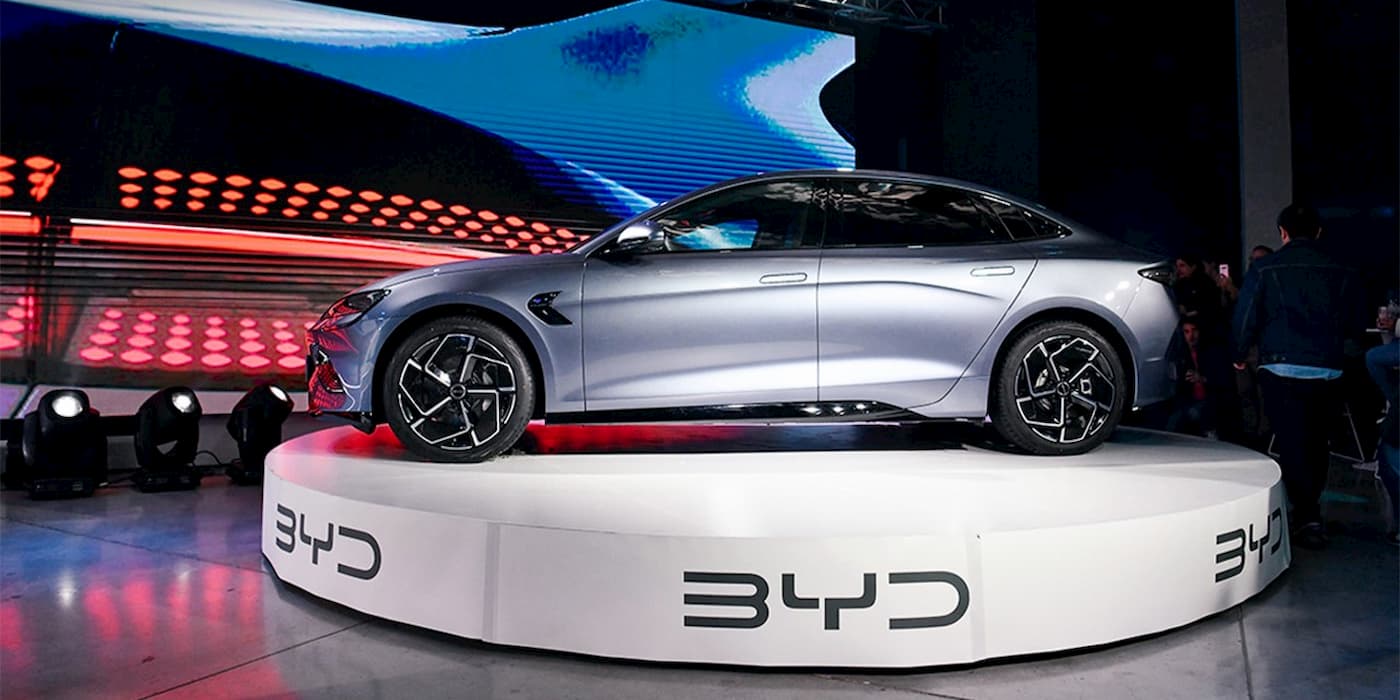
The “holy grail” of EV battery tech may arrive sooner than expected, promising more range and faster charging. According to BYD head scientist and engineer Lian Yubo, solid-state EV batteries could be in wide use in five years.
Speaking at the 2024 World New Energy Congress in China on Friday, Lian said he expects the advanced new batteries to be used in luxury EVs in the next few years.
Lian explained that as the battery technology develops, it will gradually roll out to middle and lower-priced electric cars in five years. BYD is advancing solid-state EV batteries, Lian added.
However, high production costs and complicated integration remain challenges. Friday’s conference was the first time a BYD executive has publicly discussed the new tech as the EV/battery giant looks to secure a leadership role in the auto industry’s future.
According to SNE Research, BYD is already the second largest EV battery maker globally, with a 15.8% share through the first half of 2024.
The announcement comes as several companies have recently announced plans to develop and produce solid-state EV batteries.
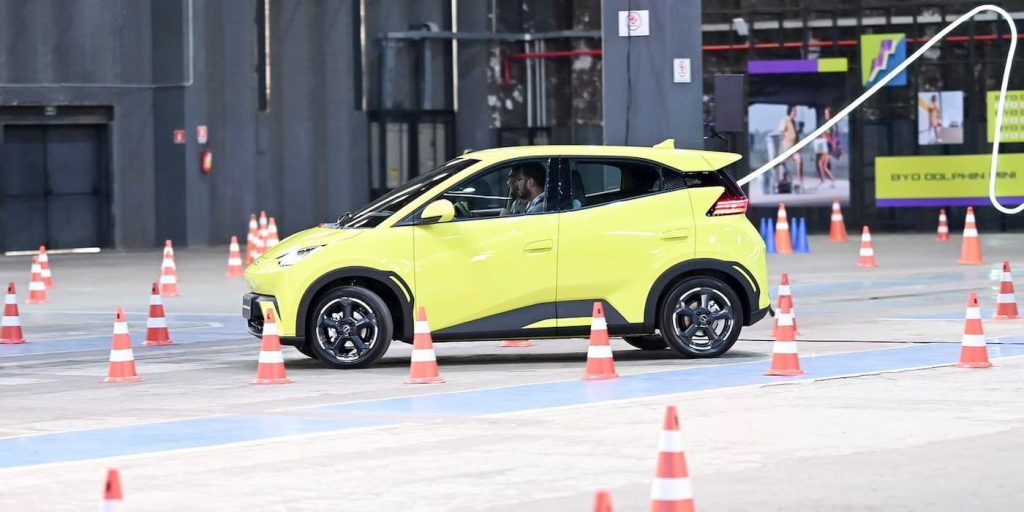
BYD joins the race for solid-state EV batteries
CATL, the world’s largest EV maker (37.8% market share), said it aims to produce all-solid-state EV batteries by 2027, but initially in small batches. The company said high production costs could remain a challenge.
BYD currently makes lithium iron phosphate (LFP) batteries, which dominate China’s market with a nearly 75% share.
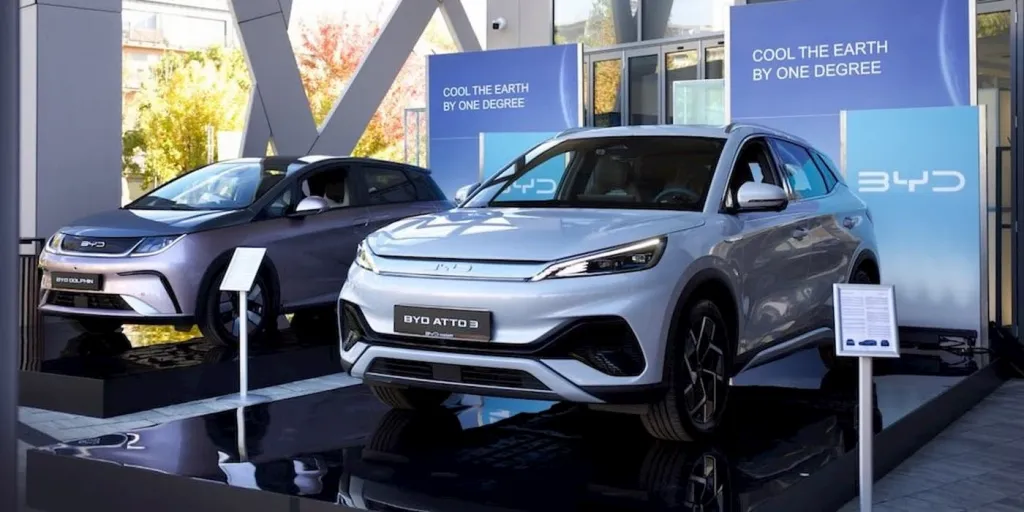
Lian said BYD will continue to develop LFP batteries, which will contribute to the advancement of solid-state EV batteries rather than become obsolete in the next 15 to 20 years. The batteries will likely be used in different segments.
Other automakers are joining the race for advanced batteries as well. For example, China’s NIO began offering its new ET7 sedan with a 150 kWh semi-solid-state battery for daily rentals in June.
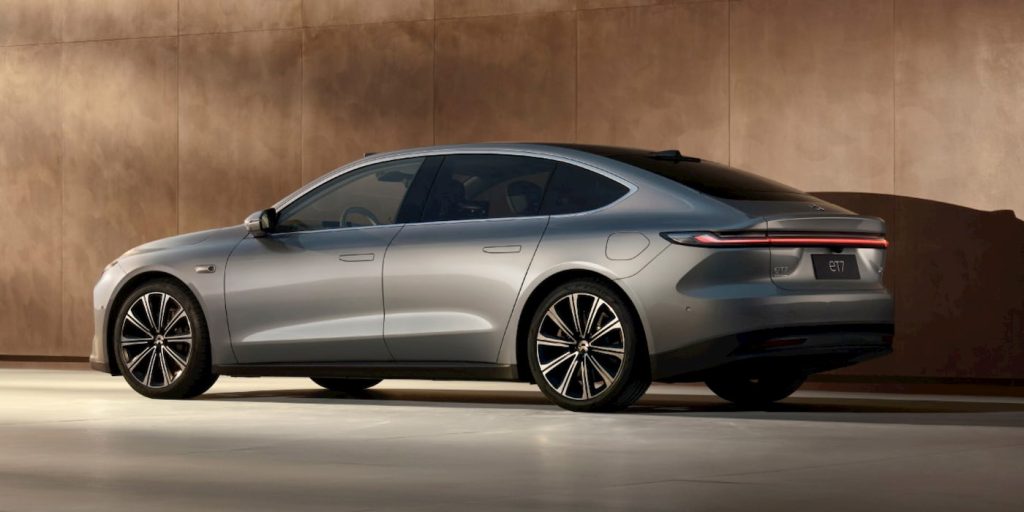
The tech remains costly. As NIO’s co-founder Qin Lihong explained, the battery pack costs about the same as an ET5 model, at around $42,500 (RMB 298,000), including the battery.
Top comment by Grant
Most all industry experts say 2030. So this seems fair. Just keep in mind the chemistry will only get better each year after that. Weight and range will improve dramatically. ICEV markets will plummet after mass solid state batteries.
Legacy automakers like Toyota and Mercedes-Benz also announced recent developments with solid-state EV batteries.
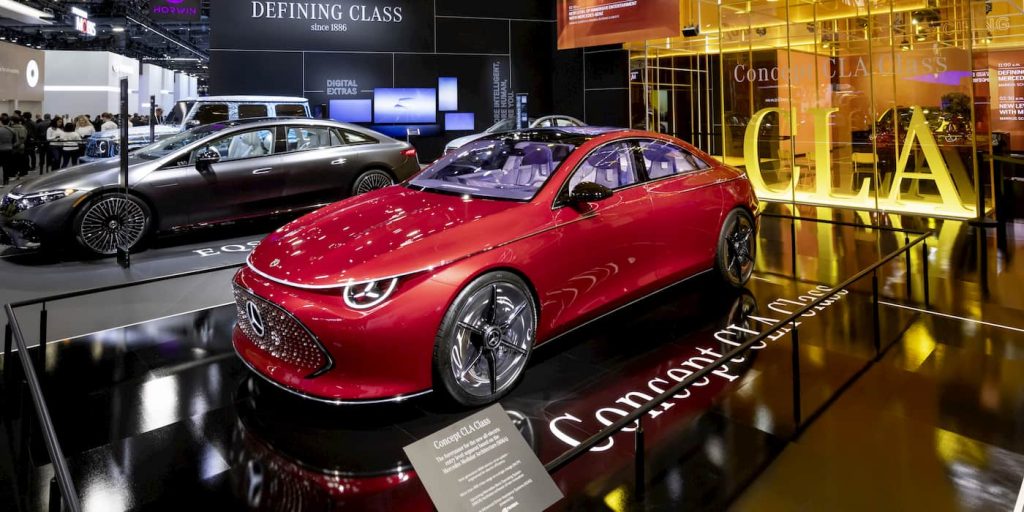
Mercedes unveiled new all-solid-state batteries with Factorial earlier this month. With a “breakthrough” energy density of 450 Wh/kg, Factorial claims the new batteries can extend EV range by 80%. The company aims for over 600 miles of driving range with 40% weight savings.
Just days later, Toyota announced that Japan had given the green light to its plans to develop and produce all-solid-state EV batteries.
Source: CnEVPost
FTC: We use income earning auto affiliate links. More.




Comments